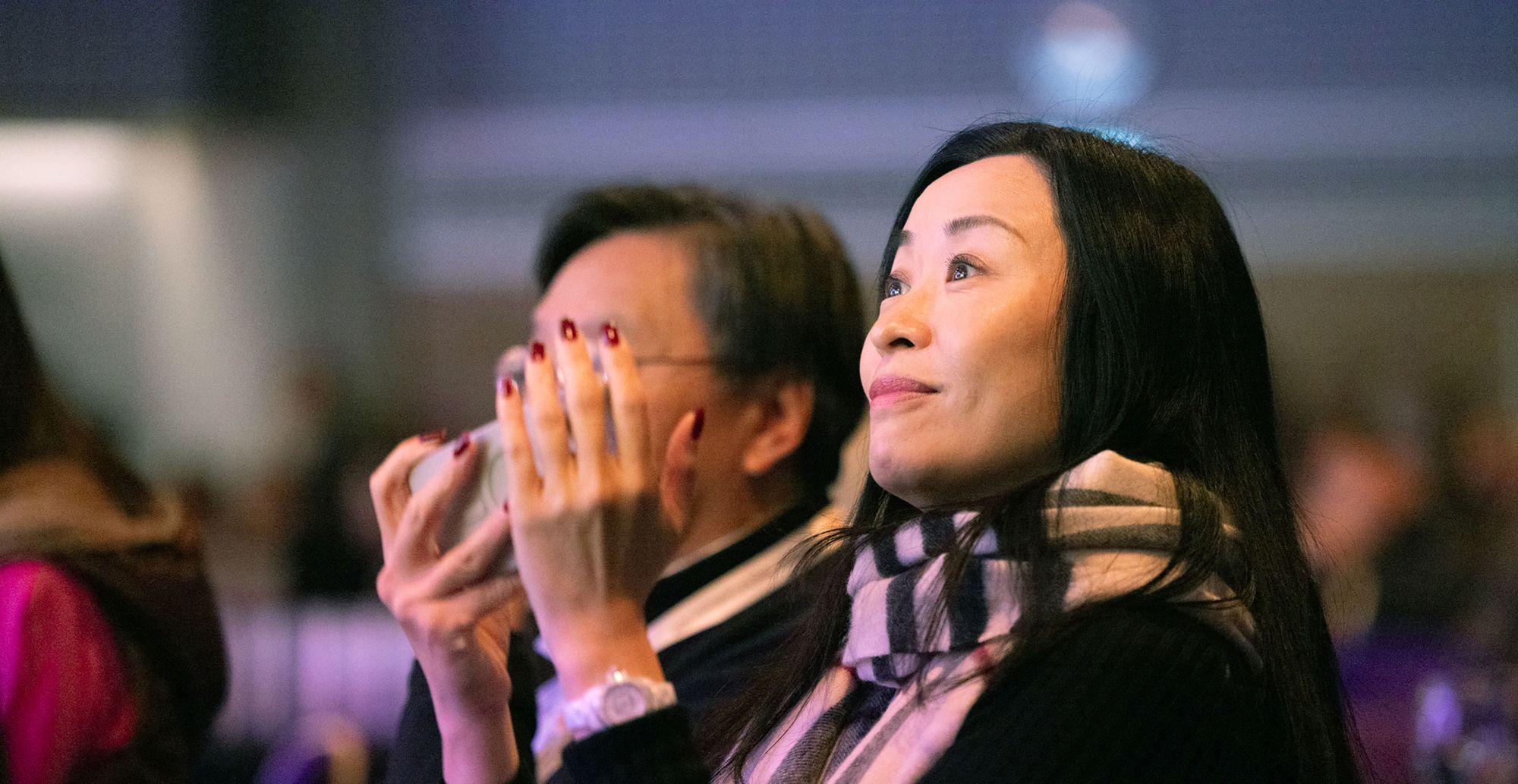- US:
- Stanford redesigns humanities Ph.D
- UK:
- universities in online launch
- Gender gap:
- Why do women in science publish less than men?
- China:
- Quick route to enhance international student number ?
- Africa:
- Ranking of African UniversitiesComplaints about doctoral education in the humanities -- it takes too long, it's not leading to jobs, it's disjointed -- are rampant. So too are periodic calls for radical reform. But Stanford University is encouraging its humanities departments to redesign humanities doctoral programs so that students could finish in five years (down from the current average of seven at the university and much longer elsewhere), and so that the programs prepare students for careers in and out of academe. While the university is not forcing departments to change, it last week gave all humanities departments a request for proposals that offered a trade: departments that give concrete plans to cut time to degree and change the curriculum will be eligible for extra support -- in particular for year-round support for doctoral students (who currently aren't assured of summer support throughout their time as grad students). The plans would need to be measurable, and the support would disappear if plans aren't executed.
Full Story: Inside Highered
A partnership of UK universities is launching an online project, challenging US universities that have dominated this emerging market. They will aim to give the public access to higher education courses via computers, tablets or smartphones. The partnership will include the Open University, King's College London, Bristol, Exeter, Warwick, East Anglia, Leeds, Lancaster, Southampton, Cardiff, Birmingham and St Andrews. Courses will be offered from next year. This could \"revolutionise conventional models of formal education\", says Universities Minister David Willetts. The project will represent the biggest UK response to rapidly growing online universities - with these universities planning to offer courses through a shared online platform.
Full Story: BBC Education
Even as women have narrowed or closed gaps in earning Ph.D.s in many science disciplines, their numbers have remained relatively small at the senior faculty ranks. A range of theories have been offered to explain these lingering gaps. Some see continued sexism as the culprit. Others say that women may be opting out of the demands of winning tenure in the sciences -- and still others say that women publish less than do men. A study published Wednesday in PLOS ONE confirms that women in a series of scientific disciplines publish less, on average, than do men. But the study went further, and looked for trends within the disciplines -- and the authors argue that their findings suggest that women may be publishing less than men because departments are not providing them with the same resources.
Full Story: Inside Highered
A scheme to allow Hong Kong students to attend universities in mainland China without taking part in the competitive national entrance examination, the gaokao, is to be extended to more Chinese institutions despite criticisms that their degrees are not recognised for many jobs in Hong Kong’s public sector. Almost 1,000 Hong Kong students were able to attend any of 63 universities in mainland China this year under a scheme announced in August 2011 during a visit to Hong Kong by China’s Vice-premier Li Keqiang as part of his ‘basket of gifts’ to boost ties between Beijing and Hong Kong. The scheme will now be expanded to a total of 70 mainland institutions, after China’s Ministry of Education this week announced that seven prestigious universities – including Tsinghua, Remin, Nanjing, Zhejiang, Xi’an Jiaotong and Shanghai Jiaotong – would be allowed to recruit a proportion of their students independently of the gaokao.
Full Story: University World News
While students from across the continent continue to move abroad to study at leading learning institutions in the U.S. and Europe, Africa boasts its own league of great universities. Presented below is Part I of Africa.com’s Top 10 Universities in Africa excluding South Africa. The Egyptian universities occupy the top 3 spots. Part II of the study will feature the Top 10 Universities in South Africa, a country that is home to enough academic heavyweights to populate its own list.
Full Story: Africa.com









.jpeg)









